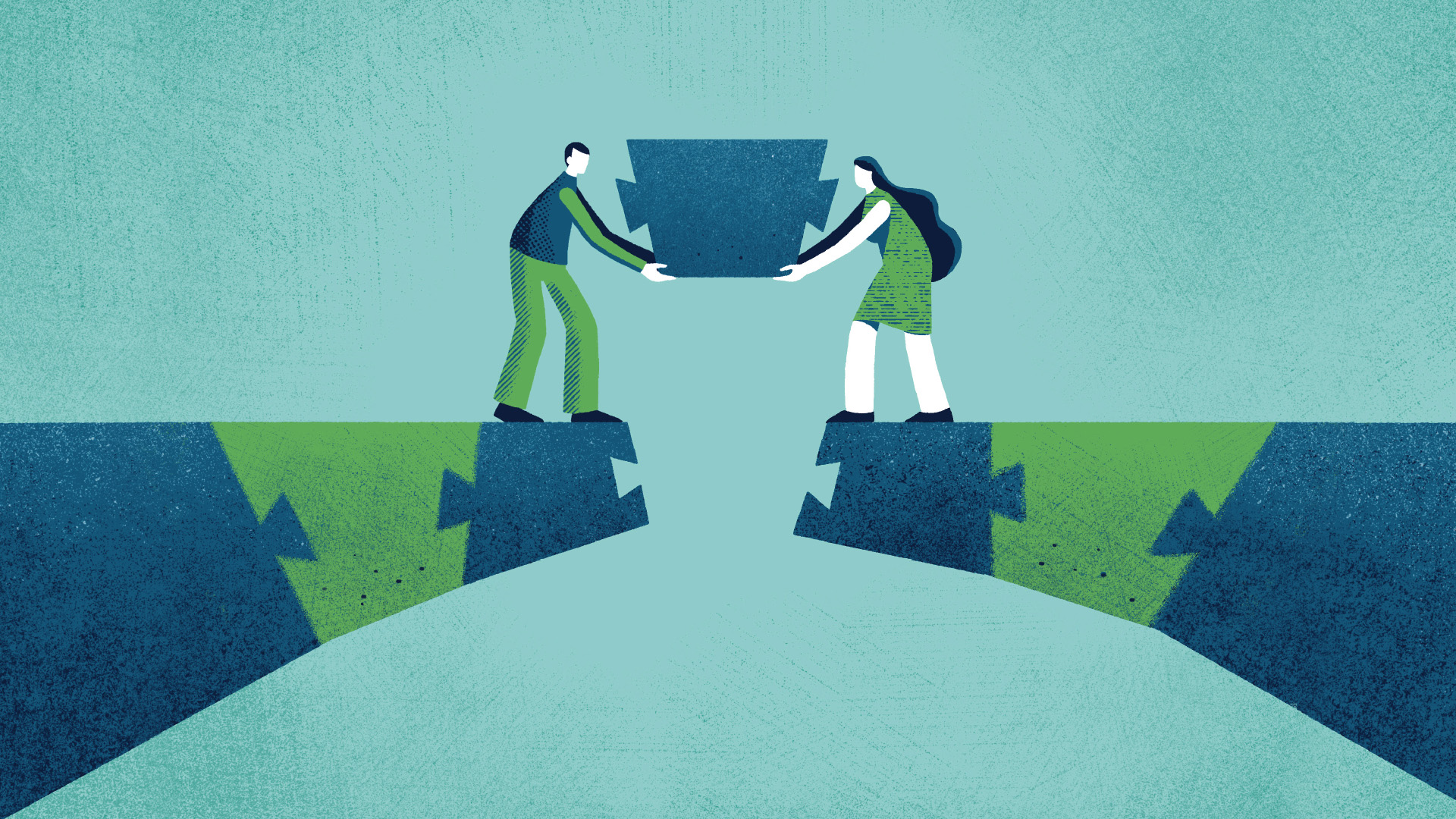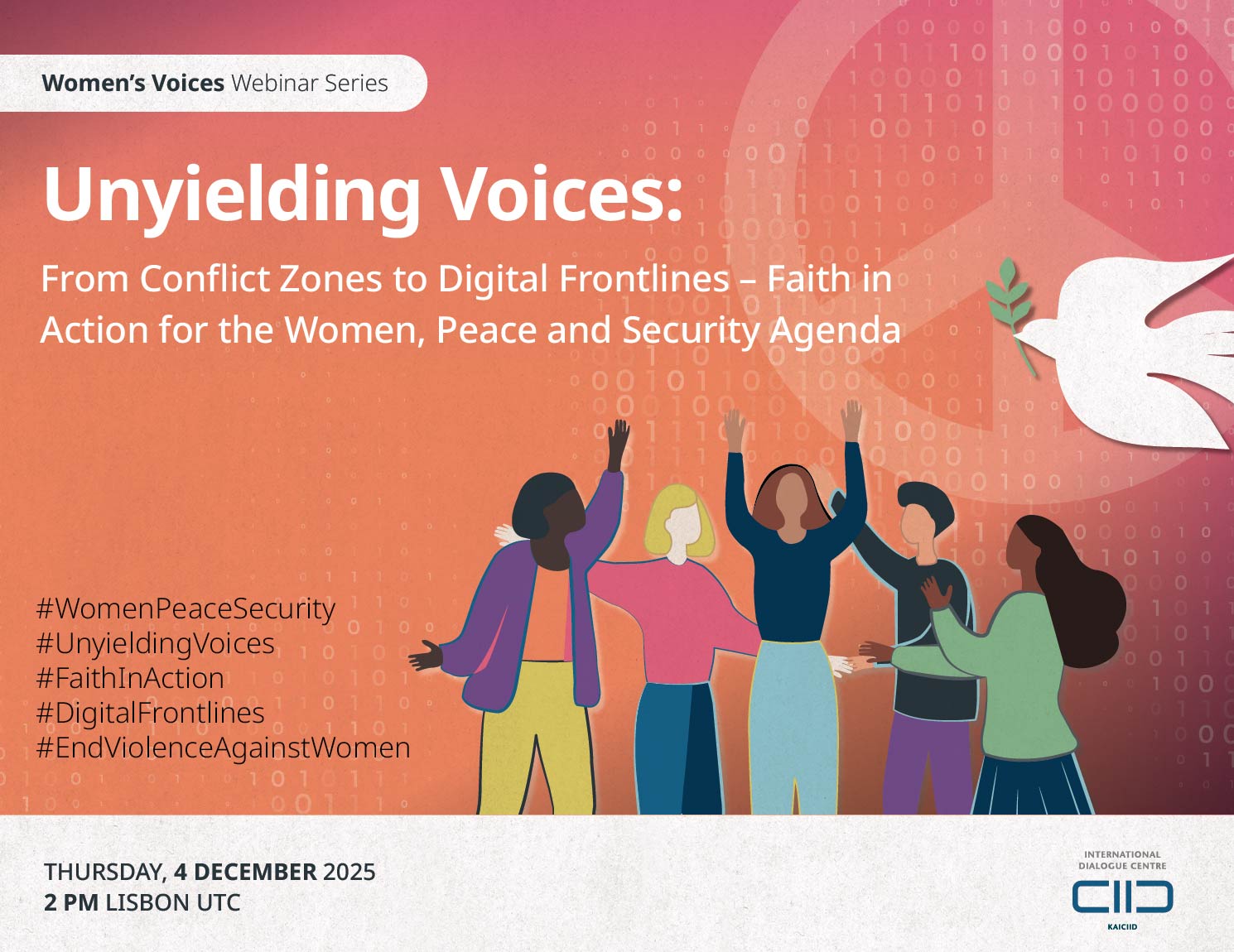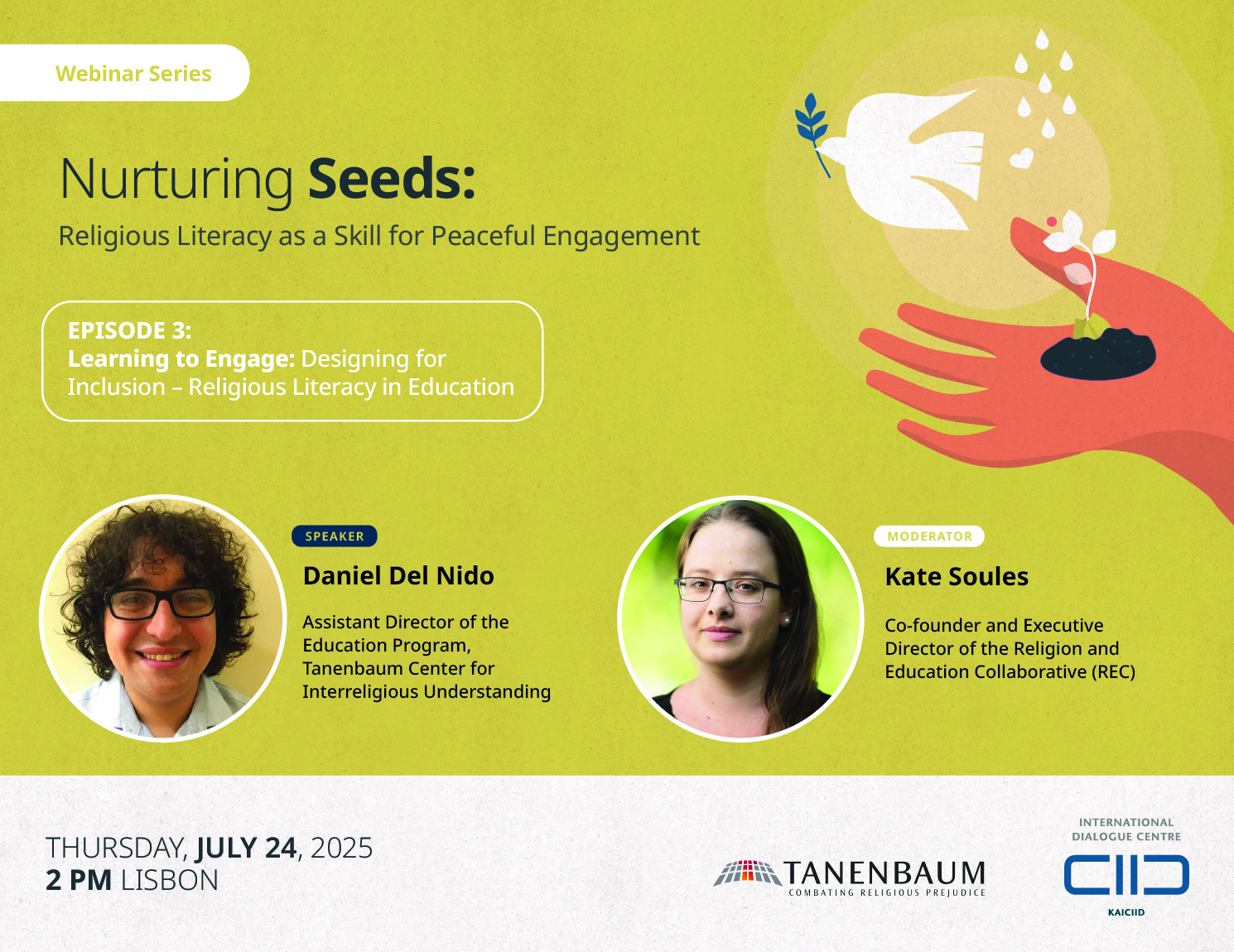Diversity Day, also known as "The World Day for Cultural Diversity for Dialogue and Development", is an opportunity to remind, support and encourage communities to understand the value of cultural and religious diversity and learn how to live together in harmony. Culture is what shapes us, our identity, our way of living, it refers to the shared language, beliefs, values, norms, behaviours, and material objects that are passed down from one generation to the next. The COVID-19 pandemic has revealed and magnified the effects on fundamental rights and protecting the diversity of cultural and religious expressions and the use of Dialogue is proven to be more important than ever.
Scouts around the world are working tirelessly to put their intercultural and interreligious Dialogue skills into practice, share the knowledge with their communities to increase their level of understanding about other cultures. Scouts are using Dialogue as a tool to recognition and understanding of concepts within the community such as intergenerational relations, gender roles, spirituality, and emotional well-being, social affairs, and developments, which vary significantly among cultures and influence behaviour of community members. Scouts also use Dialogue to intervene in an appropriate manner when they observe others engaging in behaviours that show cultural insensitivity, bias, or prejudice. Dialogue skills acquired in KAICIID Dialogue Trainings include proactive listening, accepting, and welcoming people and ideas that are different from your own.
This online lecture will provide an overview of the use of dialogue in different situations from communities around the world. The lecture will focus on KAICIID/ WOSM collaboration aiming to present what Scouts have achieved around the world exercising their Dialogue skills, when receiveing the Dialogue Badge and Dialogue Accreditations, provided upon KAICIID trainings. The online lecture will showcase the different uses of Dialogue from different communites, such as Intergenerational Dialogue in Africa, Dialogue in Social Conflict in Latin America, Dialogue for Inclusion and Mental Care in Europe, and Interreligious Dialogue in Asia.








